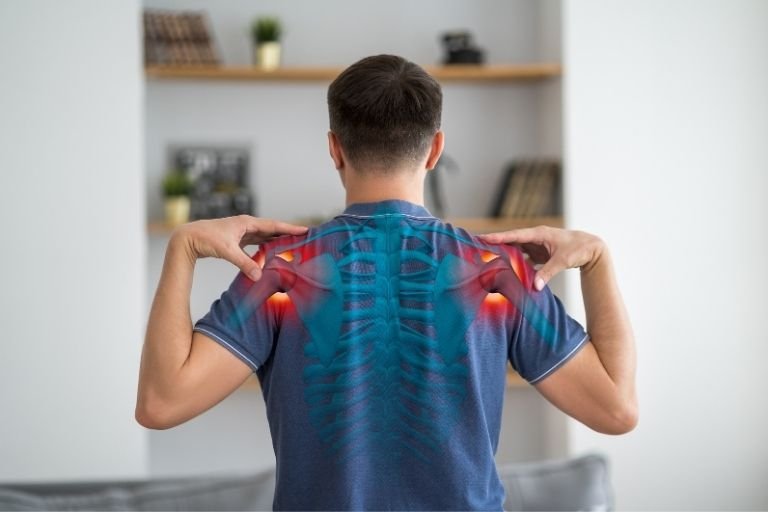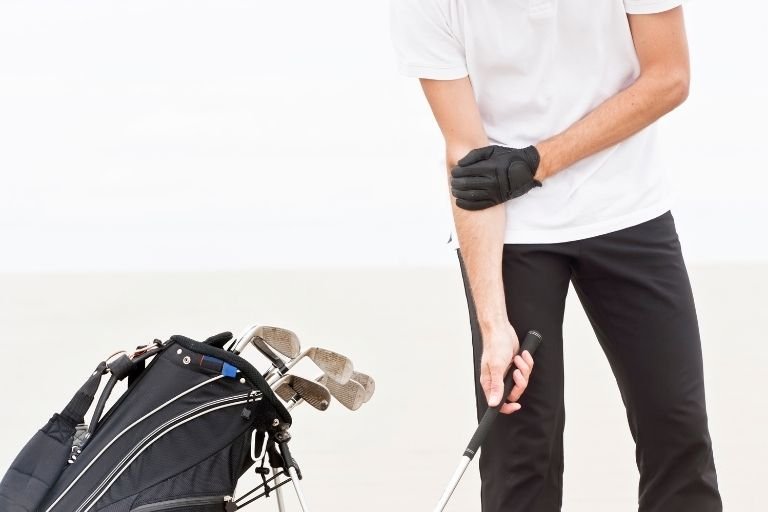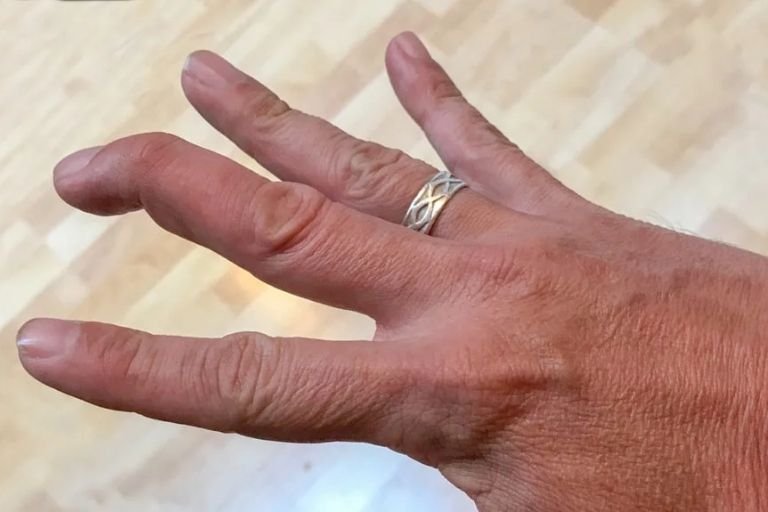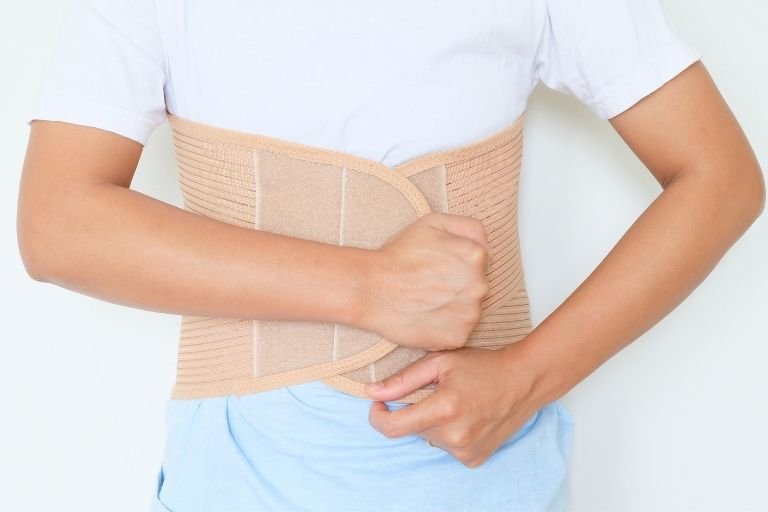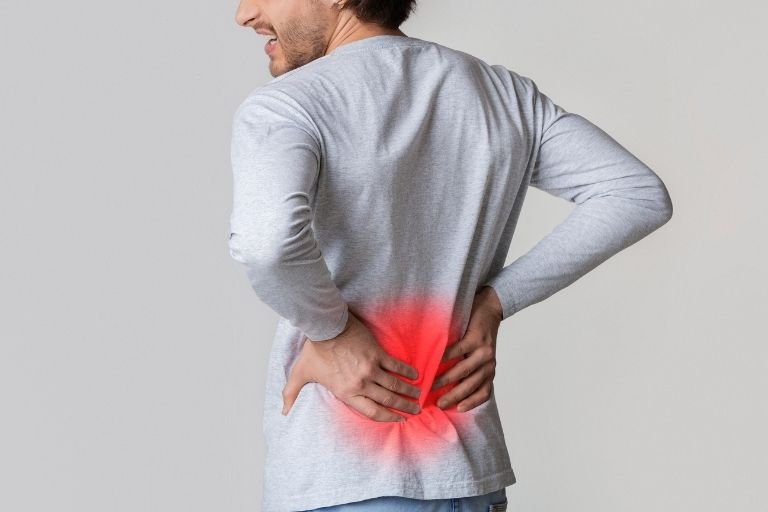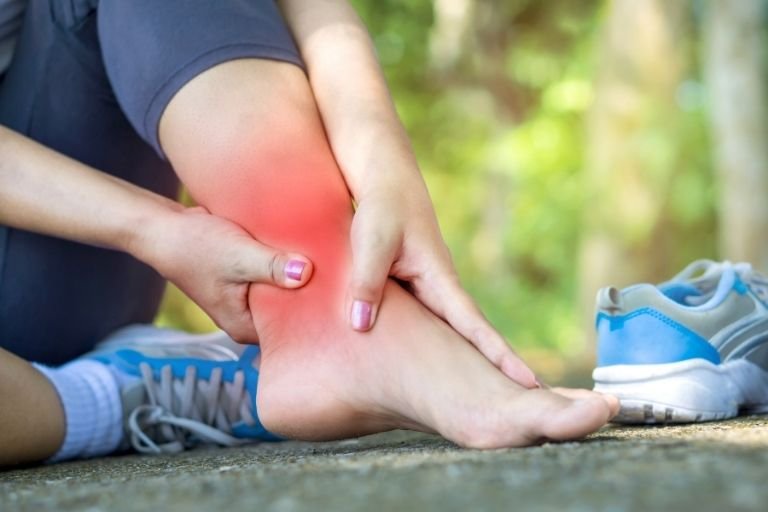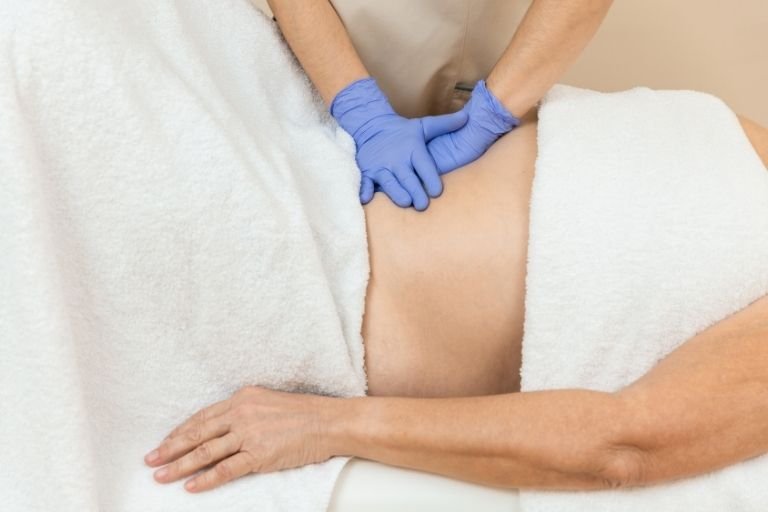- Fitwell Physiotherapy
Bursitis
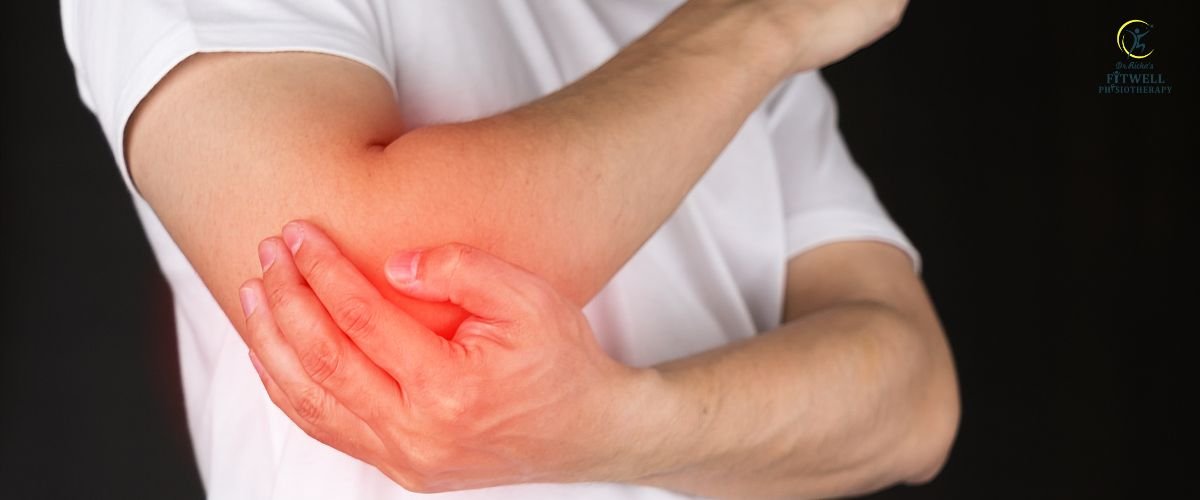
Bursitis is the inflammation of small, fluid-filled sacs called bursae, which cushion bones, tendons, and muscles near joints. Here’s a detailed overview:
Please submit your details below.
Symptoms:
- Pain, tenderness, or swelling near the affected joint.
- Limited range of motion.
- Warmth or redness over the joint.
- Stiffness, especially after rest or movement.
- Difficulty with activities that involve the affected joint.
Causes:
- Repetitive motions or overuse of a joint.
- Injury or trauma to the affected area.
- Infection.
- Underlying conditions like rheumatoid arthritis or gout.
- Certain occupations or hobbies involving repetitive motions.
When to See a Physiotherapist: Consult a physiotherapist if you experience persistent pain, swelling, or limited movement in a joint, especially if it interferes with daily activities or worsens over time. Early intervention can prevent worsening symptoms and complications.
Risks:
- Chronic pain and disability if left untreated.
- Recurrence of bursitis with repetitive strain or overuse.
- Secondary complications like infection if bursitis is caused by an underlying condition.
- Impaired joint function and mobility.
Prevention:
- Avoid repetitive movements or overuse of joints.
- Practice proper ergonomics and body mechanics during activities.
- Warm up before physical activity and cool down afterward.
- Use protective gear or padding during activities that pose a risk of injury.
- Maintain a healthy weight to reduce pressure on joints.
Treatments:
- Rest and avoid activities that aggravate symptoms.
- Apply ice packs to reduce swelling and pain.
- Nonsteroidal anti-inflammatory drugs (NSAIDs) for pain relief.
- Physical therapy to improve joint mobility and strength.
- Corticosteroid injections to reduce inflammation.
- Antibiotics if bursitis is caused by an infection.
- Surgery in severe cases or if conservative treatments fail.
Overall, early recognition, appropriate management, and lifestyle modifications can help alleviate symptoms, prevent complications, and promote recovery from bursitis.
Frequently Asked Questions
Recovery time can vary depending on factors such as the severity of the rupture, treatment approach, and individual healing capacity. Typically, recovery may take anywhere from 4 to 12 months. However, full return to pre-injury activities may take longer.
Treatment options include both surgical and non-surgical approaches. Non-surgical treatment may involve immobilization with a cast or walking boot, followed by physical therapy. Surgical repair may be recommended for younger, active individuals or severe ruptures, involving reattaching the torn tendon ends surgically.
Rehabilitation typically involves a progressive program focused on restoring strength, flexibility, and function of the affected leg. Initially, emphasis may be on protecting the healing tendon, followed by exercises to improve range of motion, strength, and eventually, functional activities such as walking and running.
While it’s not always possible to prevent all injuries, certain measures can reduce the risk of re-injury. These may include following a structured rehabilitation program, gradually returning to physical activities, wearing appropriate footwear, and incorporating exercises to strengthen the calf muscles and improve ankle stability.
Returning to sports or physical activities should be gradual and guided by your healthcare provider or physical therapist. Typically, athletes may start with low-impact activities such as swimming or cycling before progressing to higher-impact sports. The timing of return will depend on factors such as healing progress, strength, flexibility, and functional ability. It’s essential to avoid rushing the return to sports to minimize the risk of re-injury.
Related Conditions
How Fitwell Physiotherapy Can Help?
Dr. Richa’s Fitwell physiotherapy has an extensive team of physiotherapists all within their own specialist areas of physiotherapy. Whatever your condition, we guarantee that we will have the best physiotherapist for you. We assess, diagnose, plan, cure and care for you.
Fitwell Physiotherapy Clinic, Pune provides you best physiotherapy treatment in Kharadi, pune. We also serve Chandan Nagar, Vadgaon Sheri, Keshav Nagar, Wagholi & nearby Areas in Pune. We are experts in treating Neck Pain, Hand Pain, Back Pain, Lower Back Pain, Knee Pain, Stiff Neck, Sciatica, Arthritis, Stroke Paralysis & Post Surgical Rehab.
We provide Specialized physiotherapy treatments in Sports Injuries, Pre and post Surgery, Neurologic, Pediatric, Chronic Pain/Fatigue, Rheumatology, Women’s Health, Men’s Health, Ergonomics, Vestibular, Amputees & all sort of Pain treatment and lifestyle conditions.






















